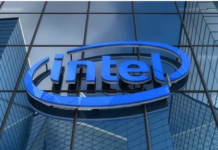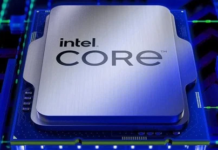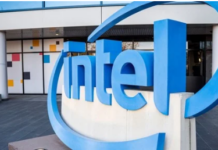Amazon Web Services, the cloud division of the giant founded by Jeff Bezos, has just launched a suite of services dedicated to the so-called generative AI – those, to understand, which include products that are being discussed a lot in this period such as OpenAI’s ChatGPT, Dall-E and so on.
The suite is called Bedrock, and its main feature is that it allows developers to integrate AI services capable of generating text, just like ChatGPT, into their software. Although it is the largest provider of cloud services, at least in the US, Amazon comes after both its direct competitors Microsoft and Google, which already offer similar tools.
Through AWS, developers will have access to different templates with different features and purposes: Titan, which is developed by AWS itself, consists of two templates – one that can generate text for blogs, emails, and other documents, and one to help with research and customization; then we find a model developed by the Israeli startup AI21 and one developed by the startup Anthropic, funded by Google. Finally, there is a model, made by the startup Stability AI, which transforms text into images.
Amazon says it’s making a lot of effort to make sure that the output generated by its proprietary AIs avoids the problems of inaccuracy and “hallucination” (when bots for some reason generate content that is apparently completely detached from the original text) that emerged in these early stages of the commercial spread of generative AI. Titan can be customized with customer data, but not trained, to protect everyone’s trade secrets.
Amazon explains that it has been working in the AI industry for over twenty years, and that at this point there are over 100,000 AWS customers interested in this specific technology. Among other things, the company said that a special version of Titan has already been used to provide search results on Amazon’s site.
For the moment Bedrock is available in very limited preview: interested developers must subscribe to a waiting list. Among the first confirmed high-profile interests are C3.ai, Pegasystems, Accenture and Deloitte. We still have no idea about the prices; for the moment OpenAI remains the only one to have disclosed some details in public about it – to make a long story short, we are talking about a few cents per 1,000 “tokens” (each token is equivalent to about 4 characters of text in English).
































